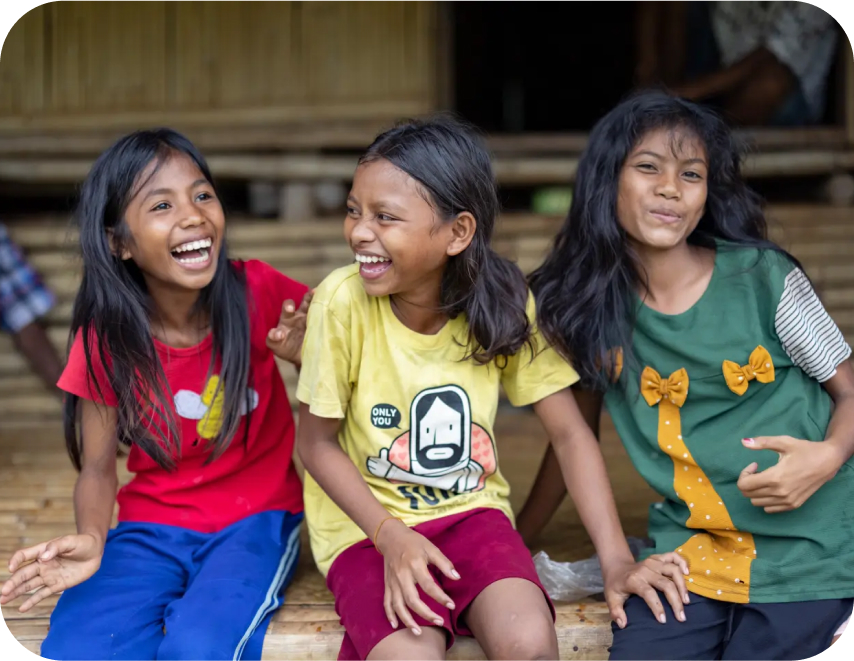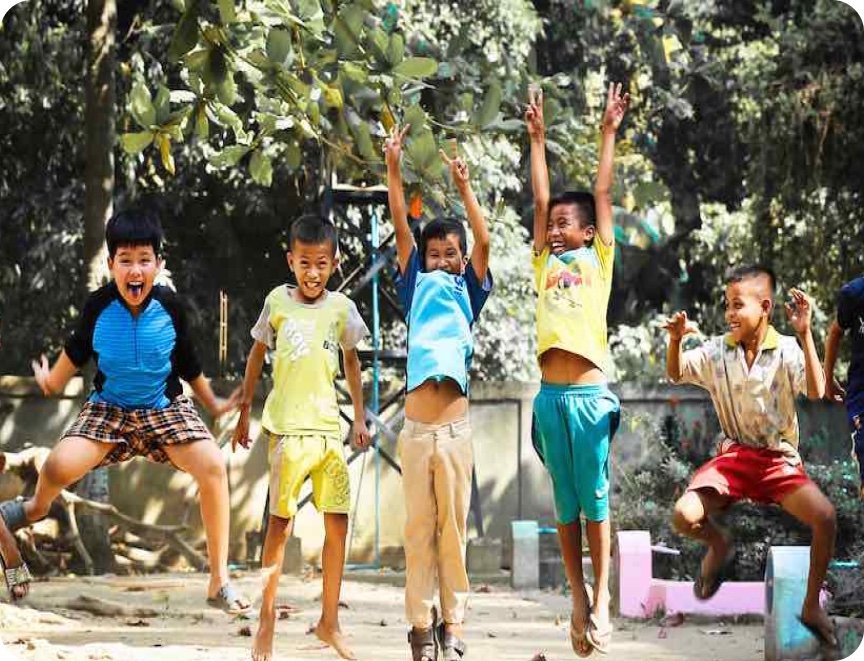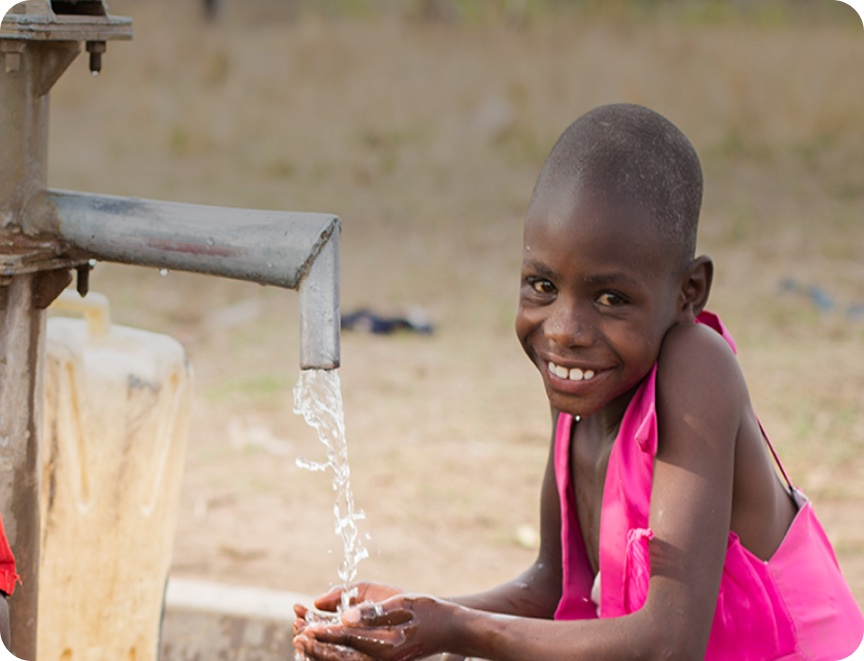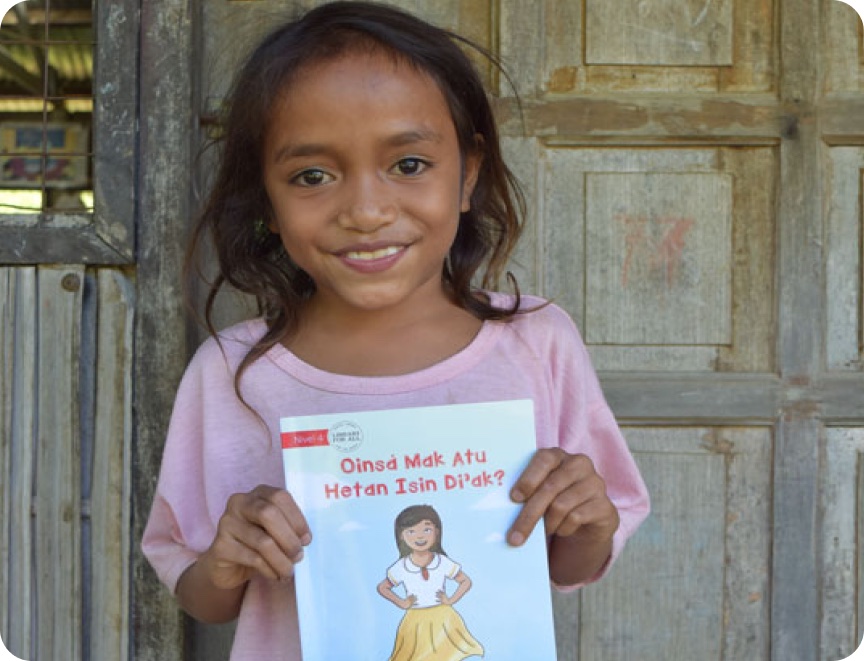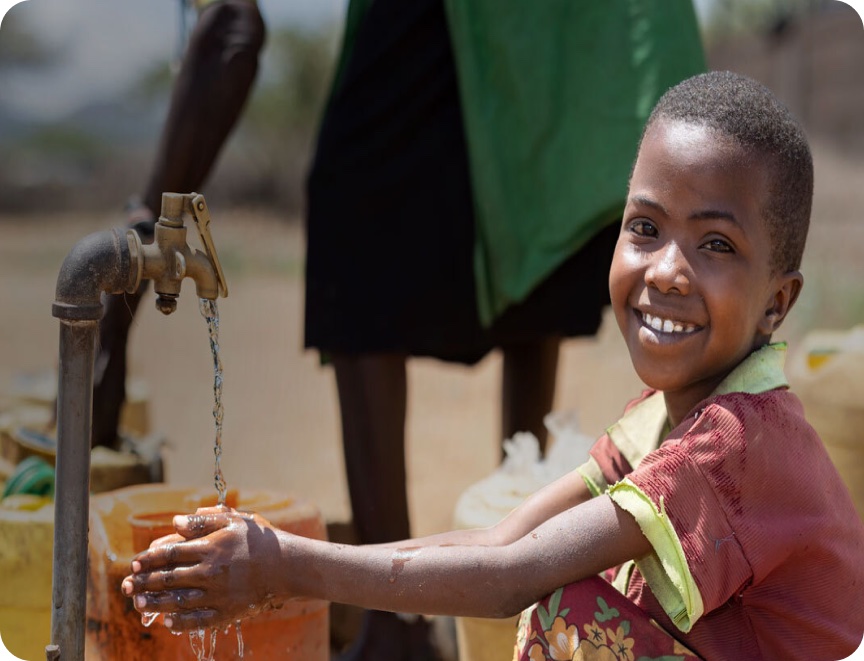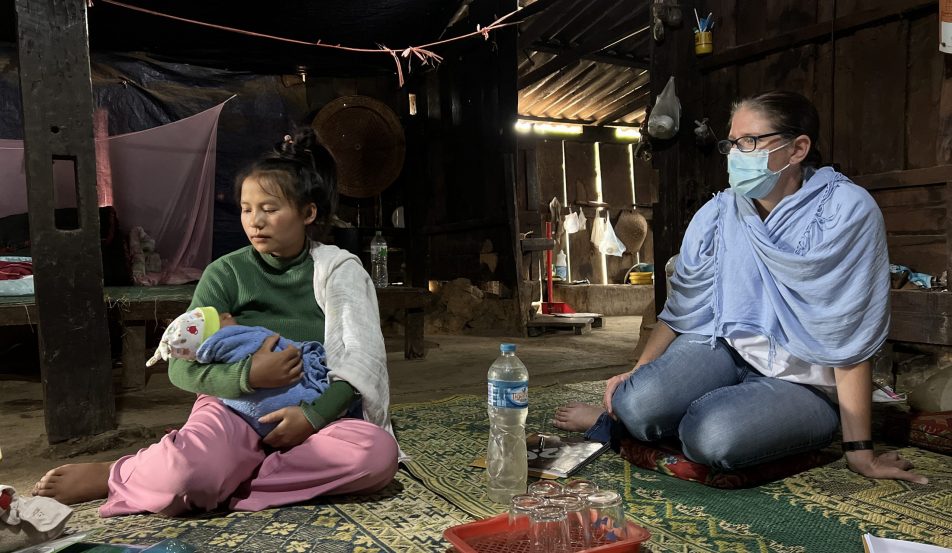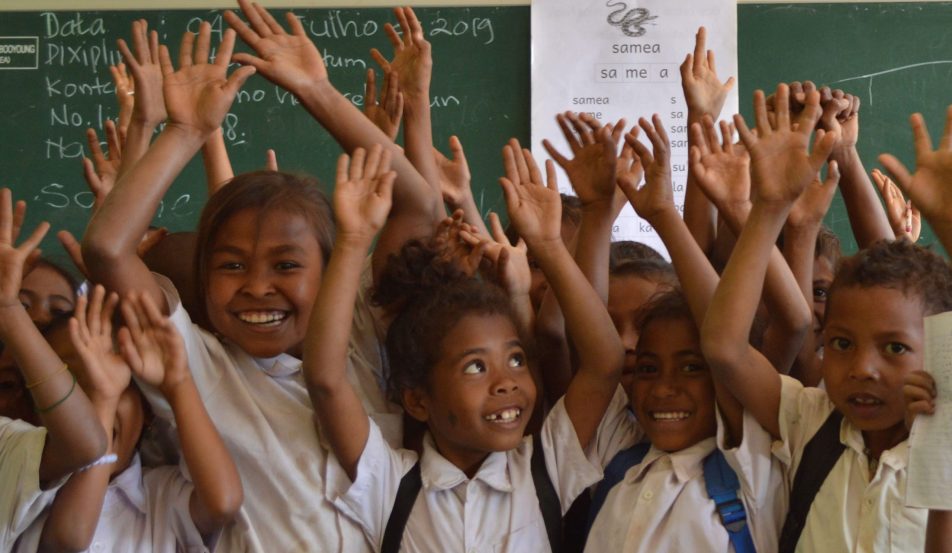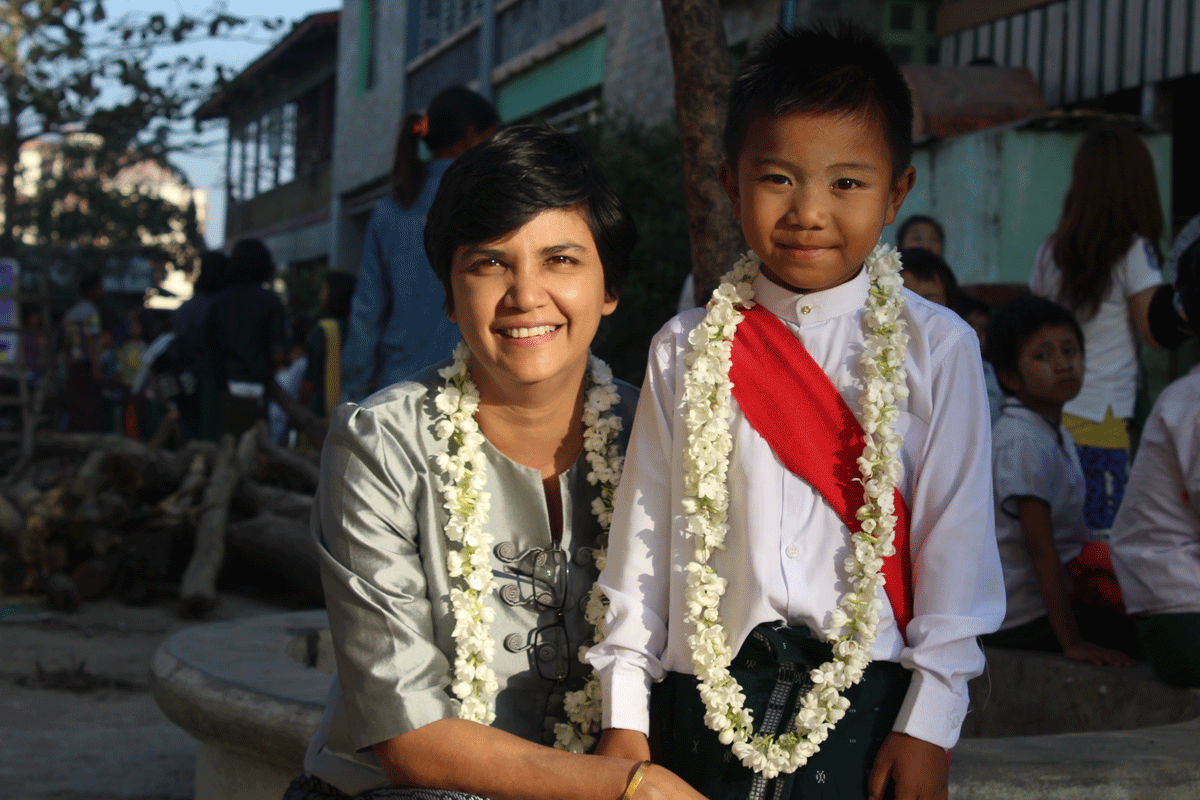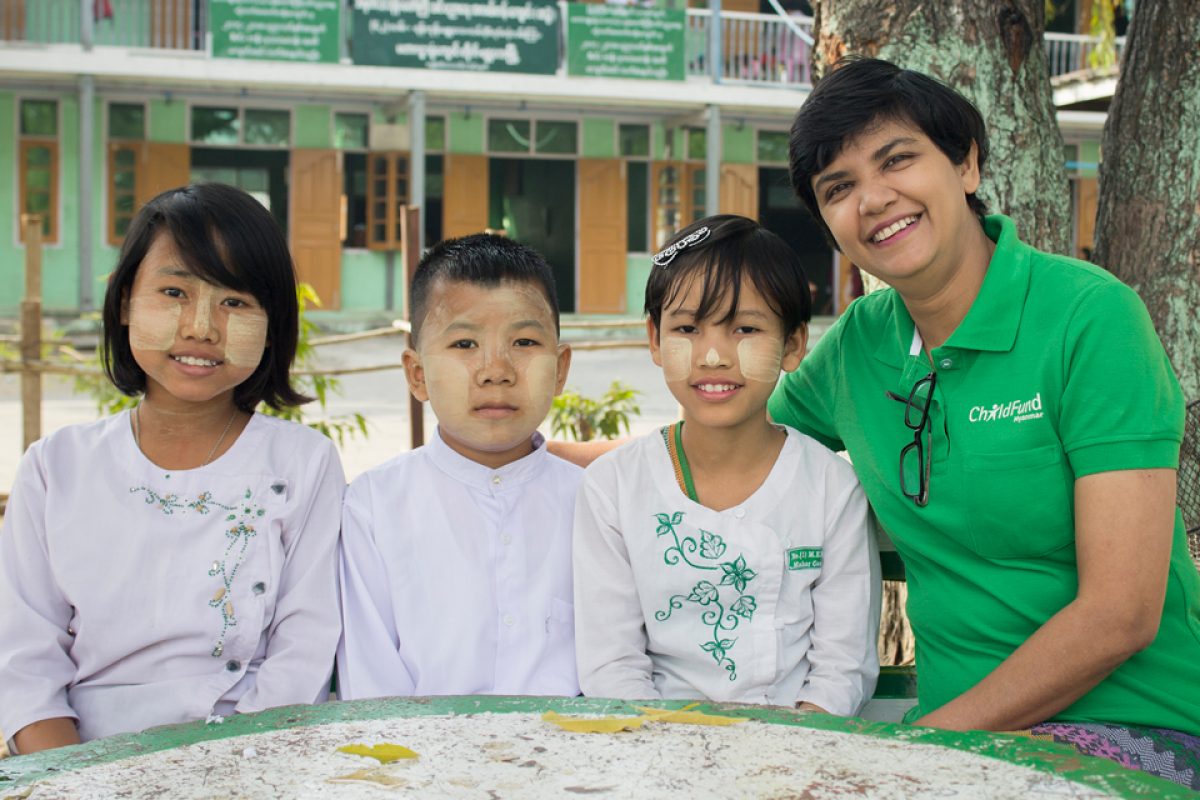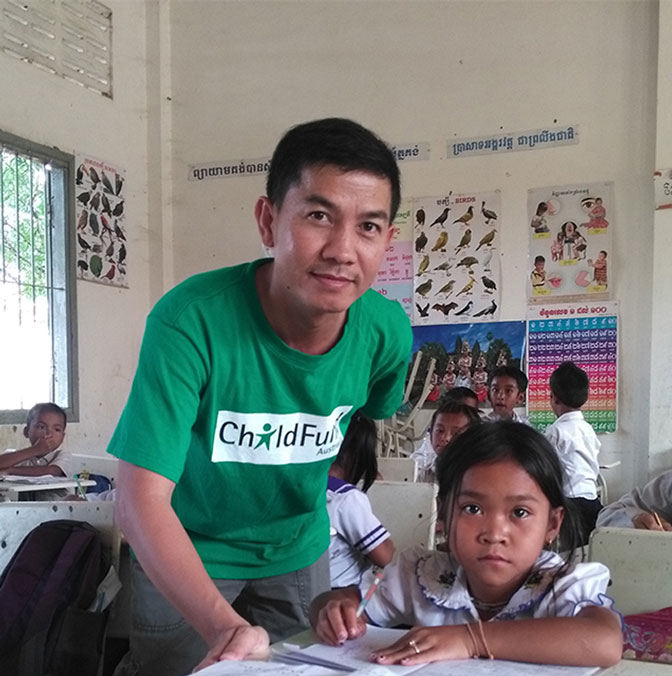Despite her passion for words and storytelling, Win May followed in the footsteps of her father and studied medicine.
She was the odd one out at medical school, she says, finding herself drawn to the area of public health while her fellow peers focused on medicine’s benefits for the individual.
When she graduated, Win May joined the humanitarian medical organisation, Médecins Sans Frontières (Doctors Without Borders), as the head of one of their paediatric HIV units. She was also called on to provide support to their counselling services for HIV-affected children and their families. It was in this role that Win May found an opportunity to combine her love for writing and dedication to supporting vulnerable children.
“While working in these roles, I noticed that people were aware of the effect of HIV on adults but did not know much about the impact of the disease on children and adolescents,” Win May says. “To promote the voices of these children and young people, and raise awareness about the impact HIV had on them, I wrote a collection of short stories about their experiences with HIV.”
Broadening her reach with ChildFund
Over time Win May’s interest in working with children and young people grew and, in 2012, she joined ChildFund Myanmar. “I wanted to touch people’s lives, broaden my reach and focus on a more holistic approach to helping children,” she says.
“I felt ChildFund Myanmar delivered effective programs and projects for children and youth. When I started with ChildFund, I also found it to be a warm and engaging organisation.”
In addition to working with local partners and the Myanmar government to strengthen child protection systems, a core focus of Win May’s work at ChildFund Myanmar is ensuring vulnerable children have a voice and can access a quality education. She says it is important that schools have sufficient resources, and that teachers deliver child-friendly lessons that engage their students, to help children stay in school, finish their education, and reach their potential.
Win May knows all too well the limits of an education that does not promote and encourage students to express and think for themselves. “I was brought up with rote learning,” she says. “I remember in one English class, we had two topics to choose from in tests. In class, we would learn, word-by-word, a written essay on one of the topics. One time, I decided to write about the topic that we had not practised in class because it was more interesting to me. The next day, I got a real good scolding from my teacher in front of the class because she felt like I wanted to show off by deviating from her instructions.
“It was a traumatic event for me at the time, curbing my creative thinking and creative expression.”


